Want to learn how to love yourself? Wondering, what does it mean to be your own best friend?
It’s safe to say that we all have things we’d like to change about ourselves. And considering the world we live in, it’s no wonder.
In the age of all-round advancement, we’ve achieved more than we ever could’ve hoped for. From scientific and technological breakthroughs to physical and cognitive performance, we do almost everything better than our ancestors. That is, everything except for self-love.
In our quest for perfection, we’ve somehow become dissatisfied with being ourselves. We glorify workaholism. We look up to unattainable body image ideals. We even expect ourselves to operate at 130%, all the time.
I must admit, I’m often the victim of my own perfectionism. For years, I’ve built my identity around being my own worst critic, pushing myself to (and over) the limit more times than I can count. And the truth is, it has done nothing but hold me back from my true potential.
Nonetheless, like any learned behavior, unconstructive self-criticism can be unlearned. And that, in itself, is the perfect start of a road towards self-love and self-acceptance.
So, if you too are looking for advice on how to love yourself, this article is for you. It’s not a shortcut, nor a 12-step program that you’ll finish and get a diploma or bragging rights. Instead, it’s a guide that teaches you to ask the right questions. It helps you approach life with positivity and an open heart instead of criticism.
Ready? Let’s dive in.
THIS POST MAY CONTAIN AFFILIATE LINKS.
IF YOU MAKE A PURCHASE FROM THESE LINKS, I MAY EARN A SMALL COMMISSION.
CLICK HERE FOR MY FULL DISCLAIMER STATEMENT.
Why You Need to Learn How to Love Yourself
Before we get into the “how” in “how to love yourself,” we must first cover the “why.”
Self-love, as a concept, was first introduced in the early 19th century by psychologist William Sweetser who studied the impact of mental hygiene on overall wellbeing. Since then, the idea of self-love has gained in importance. Psychological research has found numerous connections between it and mental health, particularly self-based self-esteem and other-based self-esteem.
It’s regarded to be one of the keys to leading a happy life, a way to decrease stress and prevent procrastination, the prerequisite for healthy relationships, and a necessary aspect of suicide prevention.
Psychology Today says there are four aspects of self-love:
- Self-awareness: the ability to be conscious of one’s own thought processes
- Self-worth: how we think about ourselves
- Self-esteem: knowing that we are valuable, as well as that we aren’t defined by success or failure, and
- Self-care: the act of doing what’s best for us.
👉🏽 RELATED POST: 3 Benefits of Practicing Self-Care
The Golden Rule of Self-Love
One of the main misconceptions about practicing self-love is that it’s synonymous with egocentricity. But, while the practices of learning how to love yourself and taking good care of yourself do encourage introspection and self-care, they’re far from being selfish.
Confidence entails more than ego. It includes a high dose of mindfulness, which allows you to reflect on your feelings, surroundings, and actions. By being aware of these factors, you can make smart, healthy choices that do not sacrifice your physical or mental health for the sake of socially acceptable growth.
Instead, your personal development is focused on sustainable improvements that let you advance in life in a way that is best for you.
How Do You Learn to Love Yourself?
While many of us struggle with self-acceptance or confidence, it’s important to note that self-love isn’t an impossible mission to achieve. There are several actionable steps you can take towards a better overall relationship with yourself.
On your journey towards self-appreciation, however, remember to take things slow, and to always give yourself time to pause and check-in. This way, you’ll set yourself up for success, all the while doing something that will benefit both your mental health and your overall happiness.
👉🏽 RELATED POST: How to be Comfortable with Yourself
#1. Be Your Own Best Friend
First of all, you can start by paying yourself the same amount of attention you give to the people you love. Just as you’d nurture and support a child or a friend, you must do the same for yourself.
How many times have you looked in the mirror and said something means about yourself? How many times have you thought “I’m stupid/incompetent/lazy” just because you had made a mistake? How many times have you told yourself you weren’t capable of achieving your goals?
My guess is – a lot.
But think about this for a moment: would you ever tell your best friend that they were unworthy of love or attention, just because they made the wrong decision or choice? Probably not.
So, the first step towards learning how to love yourself and be confident is to detect and eliminate any self-berating patterns in your everyday routine.
👉🏽 RELATED POST: How to Stop Negative Self-Talk
Call yourself out every time you have negative thoughts about your actions. Teach yourself to notice your virtues instead of your flaws. If you journal, start each day by writing down one of your qualities. You can even practice standing in front of the mirror and using affirmations for self-love.
Treat yourself the same way you’d treat a loved one. Do your best to accept the fact that everyone deserves to be nurtured, as it’s the only way to go forward. And it all starts with you, because, after all – Can you love someone if you don’t love yourself?
#2. Do What’s Right for You
One of the best self-love techniques is to raise your awareness regarding your physical and emotional wellbeing.
The concept of self-parenting is a great one to adopt, as it encourages you to create self-care systems that rely on understanding and kindness. It helps you predict and validate your needs, answering them not with temporary fixes but with the things that are “best for your own good.”
From a physical standpoint, self-parenting would involve eating a healthful diet, developing beneficial sleeping habits, doing regular exercise, and being mindful of your physical health. Emotionally, this type of self-care puts an emphasis on acknowledging feelings, acceptance, and understanding.
Furthermore, understand the fact that self-parenting, self-care, or self-love doesn’t mean that you alone are in charge of taking care of your feelings.
Yes, you start from your own experiences. But you don’t have to fix everything by yourself. Rather, you need to learn how to recognize the instances in which you need assistance and empower yourself to ask for help – whether from friends, family, or a therapist.
👉🏽 RELATED POST: How to Make New Friends
#3. Enforce Boundaries
One way to learn how to love yourself is to define the things you simply won’t stand for: both from yourself, as well as from your environment.
Setting boundaries is a sign of a stable personality and a prerequisite for mental and emotional health.
What’s more, emotional and physical boundaries don’t just promote wellbeing. They can play a role in preventing burnout, developing autonomy, as well as protecting one’s identity. They’re also an important component of healthy relationships – both romantic, personal, and professional.
👉🏽 RELATED POST: How to Be Yourself Around Others
So, learn how to define your own boundaries, as well as how to voice and enforce them. This way, you’ll have a safe space to express yourself, as well as to take part in actions that support your own wellness and growth.
#4. Accept Your Mistakes as Learning Opportunities
A lot of people have a tendency to dwell on past events. Whether overthinking their actions or re-analyzing situations, this type of behavior can quickly spiral out of control. And often, it leads to developing negative feelings or beliefs about our past selves.
One of the best self-love techniques is to actively remind ourselves that there’s a difference between our past and present selves. Yes, we may have been in the wrong or done something we’re not proud of. Nonetheless, we need to learn how to focus our energy on self-forgiveness and becoming better.
If you feel like your low self-worth stems from rumination, look for ways to come to peace with the past:
- Acknowledge past behaviors you’re not proud of
- Try to find the logic behind your actions
- Recognize the things you’ve learned from your experience, and
- Believe that you will attempt to do better next time.
In addition to this type of self-acceptance, it also may be a good idea to consider whether you’re holding yourself to impossible standards.
👉🏽 RELATED POST: How to Thrive as a Highly Sensitive Person
It’s important to know that perfectionism isn’t a personality trait, but rather a learned behavior. This means that it can just as well be unlearned. When left untreated, perfectionism may lead to anxiety, depression, or even self-harm, so recognizing and treating it is of crucial significance.
For some, setting smarter goals and learning how to accept mistakes is going to be enough. For others, however, cognitive behavioral therapy may be a better path of learning to fulfill their full potential.
#5. Let Go of Harmful Expectations
Before you embark on your journey towards self-love, remember that you are not a fixer-upper project. There are no intrinsic “flaws” about you that you need to fix, nor a predetermined destination that you have to reach. Yes, growth is about learning how to be better. But you still need to remain you.
Perhaps the easiest trap to fall into when learning how to love yourself is thinking that if you just change that one thing about yourself, you’ll be more comfortable in your own skin.
Maybe if you lose those extra 10 pounds or learn how to do better at work, you’ll appreciate yourself more. But the truth is, this type of approach will never get you to a truly harmonious relationship with your own self. Because there will always be that one next thing you want to change.
👉🏽 RELATED POST: How to Face Your Fears Head-On
So, try to let go of all expectations of what you should be. Do away with all conditions. You deserve to cherish yourself regardless of whether you check a box.
Understand that there are things beyond your control. It’s the nature of life for all of us to have good and bad days. And we cannot choose when they come. So even if you happen to “fail,” remember that you did the best you could, given the circumstances.
Instead of berating yourself for past or present mistakes, focus on learning how to go with the flow. Congratulate yourself for every time you pick yourself up and carry on, despite the curveballs you’ve been thrown.
Let go of the future, let go of the past, say goodbye to any expectations and conditions, and remind yourself to stay present. Because your present, past, and future selves all deserve love, even if they don’t fit into the mold.
Shifting Your Mindset Towards Self-Love
Remember, learning how to love yourself cannot be accomplished without a hard look at your beliefs and values. Once you’ve started to include self-care, acceptance, and forgiveness in your everyday routine, it’s time to prioritize self-love.
It’s OK to start small, but keep in mind that your ultimate goal is to build a better relationship with yourself. One that doesn’t just allow you to thrive, but what’s more, encourages you to do so every single day.
Get started today with these printable self-love quotes.
Printable Self-Love Quotes
Ready to learn how to love yourself even more? Get your 10 FREE printable self-love quotes, that are the perfect reminder that you deserve date night with yourself.
This download comes with high-resolution, graphic quotes that are ready to print and post in your home or office.
After all, self-love isn’t just about being happy in your own skin.
It’s about opening up space in every single aspect of your life. Space to recognize your worth and reach your full potential, without being limited by internal or external pressures or learned behaviors.
Do you need to start loving yourself where you're at? Click here for 4 self-love techniques that teach you how to love yourself by @SarahKaminski10. You can be your best friend. #SelfLove #SelfCare #LoveYourself
Have you learned how to love yourself?
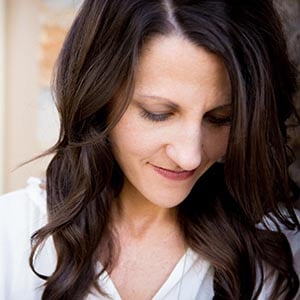
More About Guest Contributor
Sarah Kaminski is a life enjoyer, positivity seeker, and a curiosity enthusiast. She’s been a freelance writer for over a decade and loves researching health and wellness topics.
Last Updated on January 17, 2025
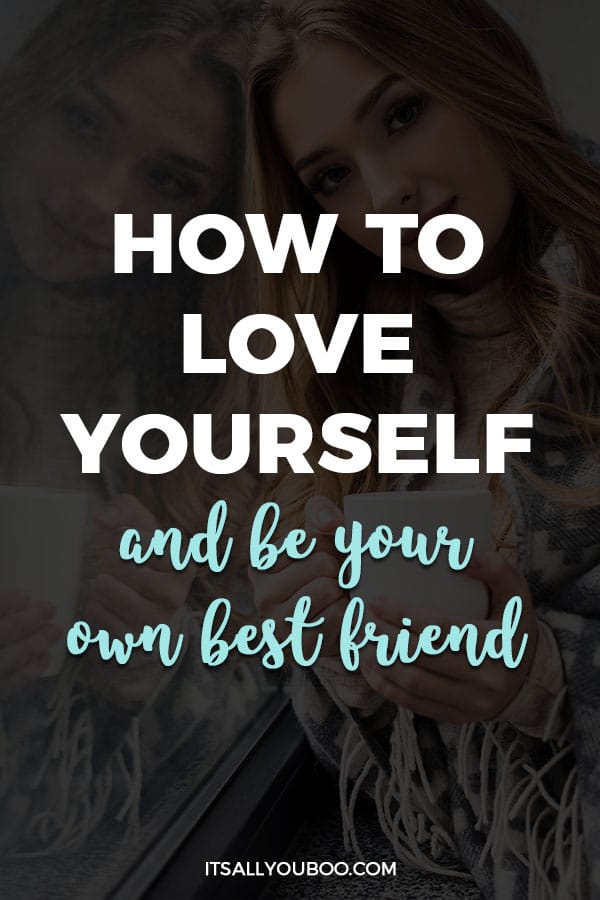
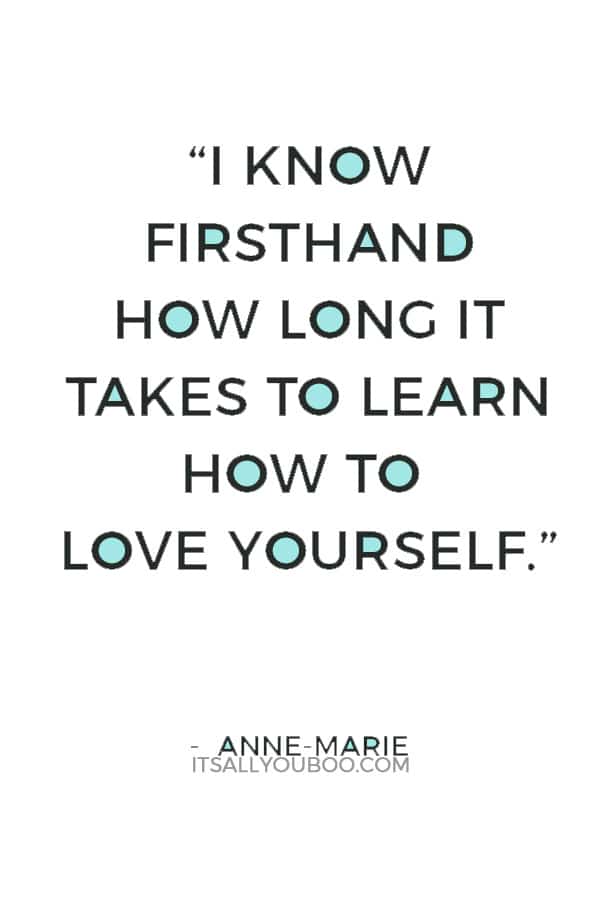
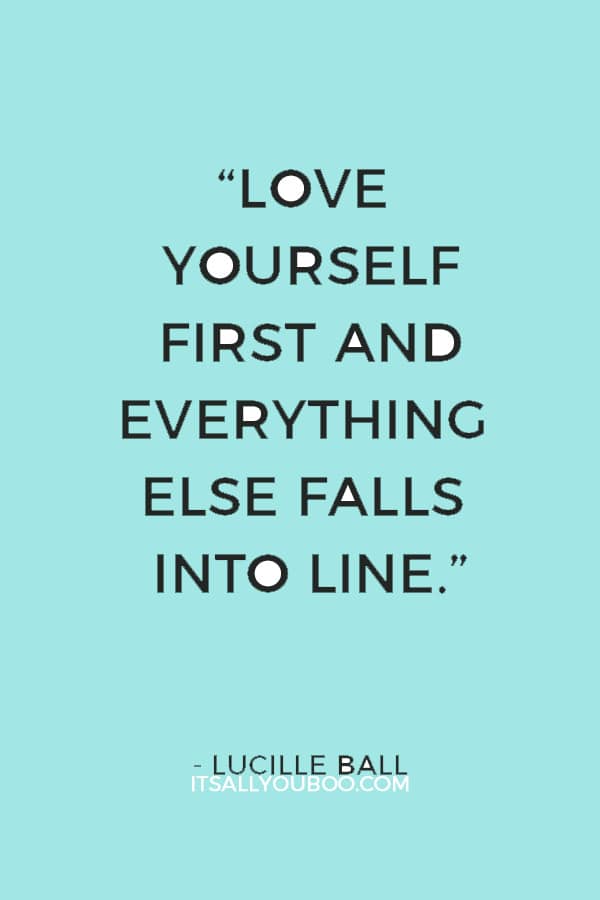
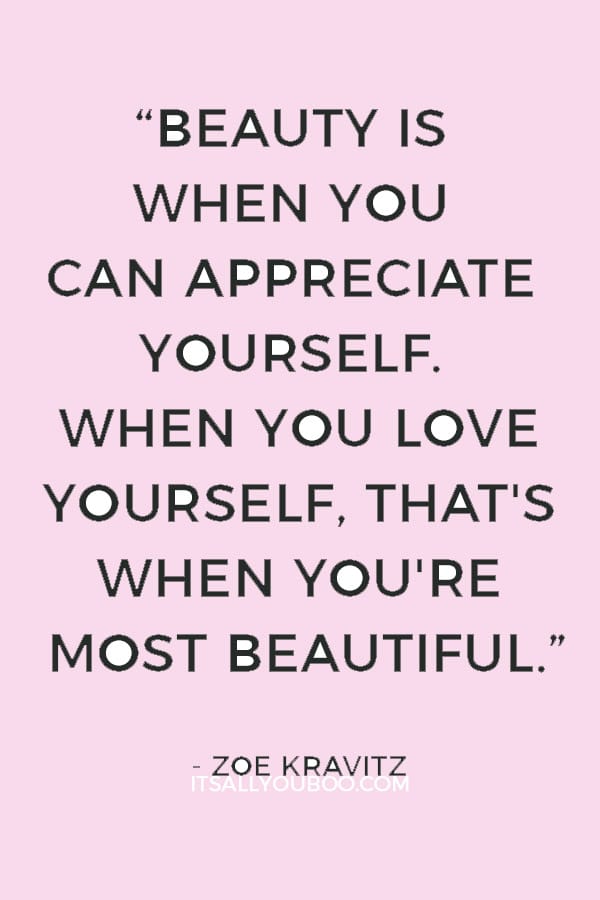
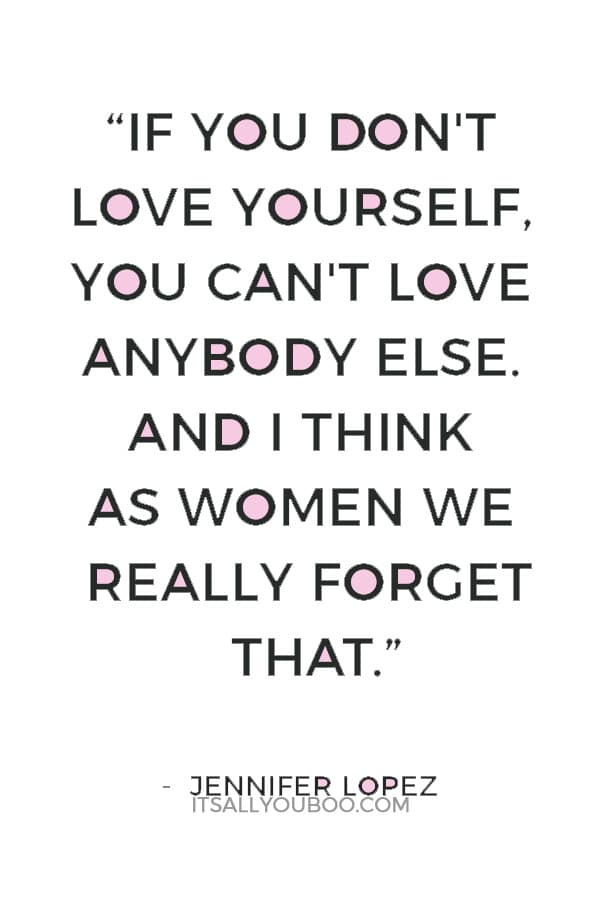
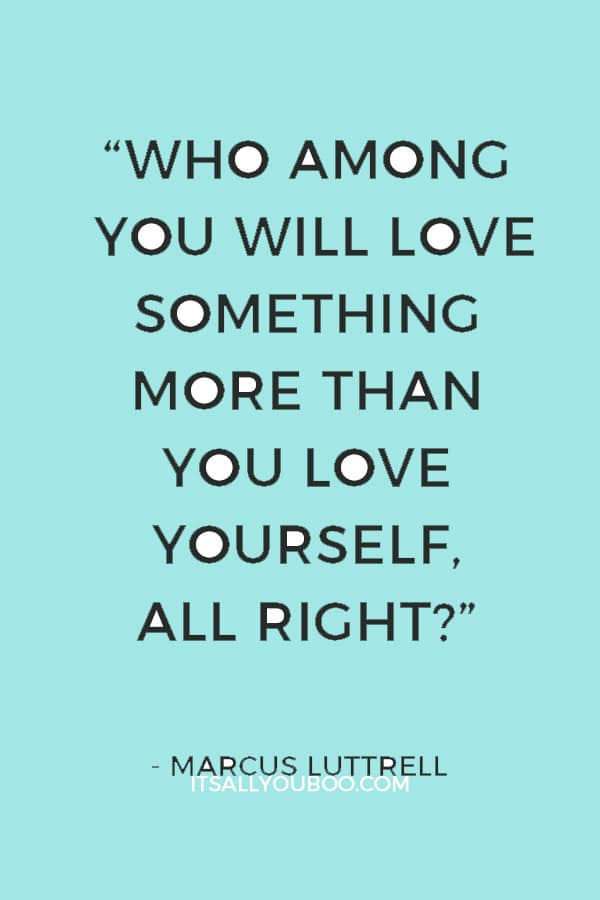
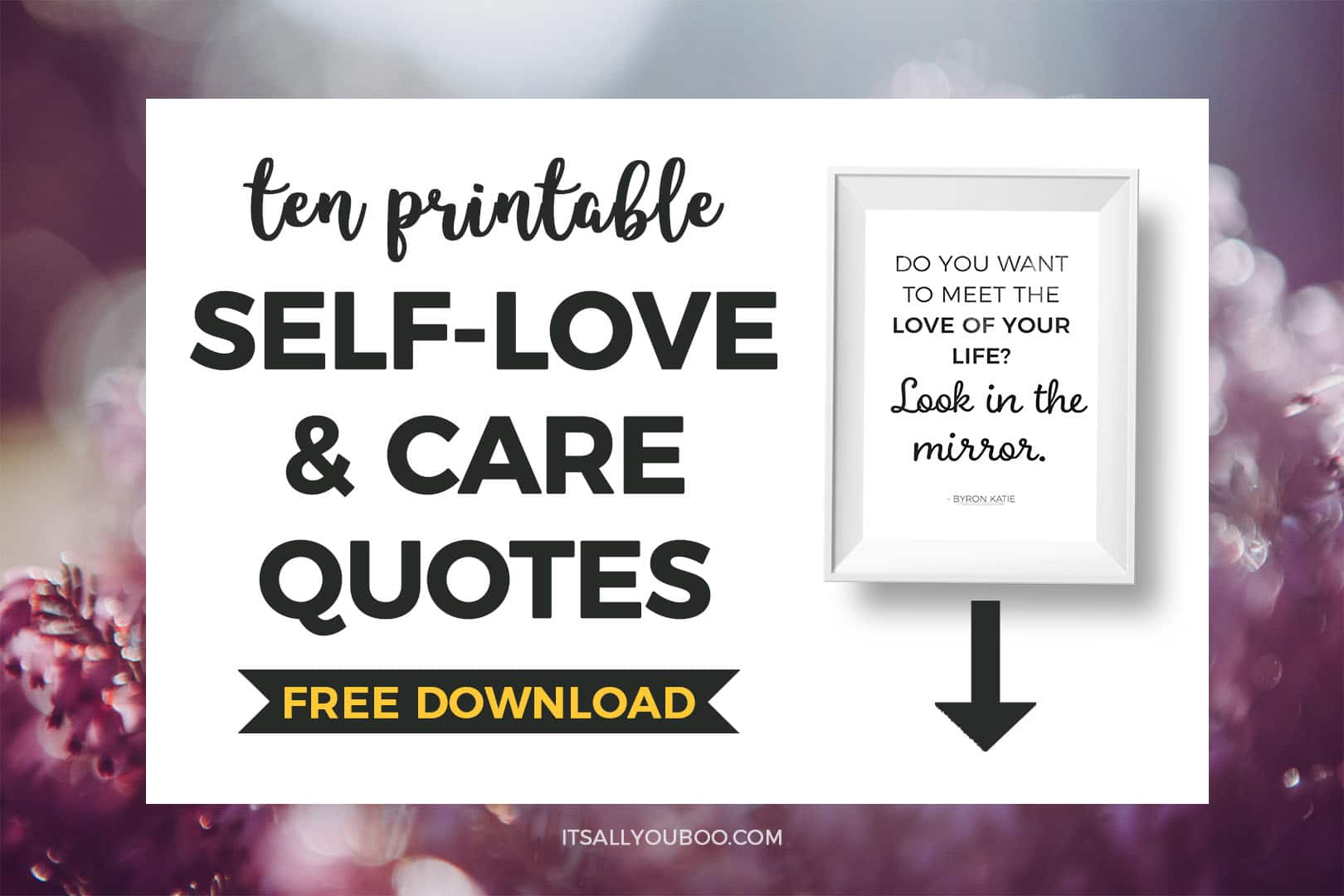

Amber Myers says
This is important, that’s for sure. I am working on being kinder to myself. I’ll have to check out those quotes.
Sarah Kaminski says
Hey Amber,
It’s very important, but somehow we still forget to be kind to ourselves. It sounds amazing that you are working on it, keep it going! Show yourself some love! 🙂
Mimi says
I needed this today, I’m usually good with loving myself. Thank you for the tips
Sarah Kaminski says
Hey Mimi,
You’re welcome, I’m glad this article helped you today! You can always return to it if you start feeling less than good. We are here for you! 🙂
Patricia @ Grab a Plate says
Love the point of “do what’s right for you.” a lot of my co-workers are out and about during COVID. I’ve had to tell them several times that I’m not “hanging out” as I have specific feelings about distancing, etc. at this time. It’s hard sometimes, but once you do something like this, it’s empowering.
Sarah Kaminski says
Hey Patricia,
I understand you completely. People are sometimes very difficult, they don’t really want to understand. The important thing is that you do what you think is the best for YOU. Because at the end of the day, the only person you should be on good terms with is yourself. 😉
Reese Woods says
We all could stand to be a little (or a lot) kinder to ourselves!
Sarah Kaminski says
Hey Reese,
I couldn’t agree more! Being kind to ourselves leads to being kinder to others and that, my friend, leads to a better world. 🙂
Rhonda says
I’m working on #5 of letting go harmful expectations. Sometimes I can be so hard on myself. Definitely loving yourself is so big!!!
Sarah Kaminski says
Hey Rhonda,
That’s pretty normal, we are all pretty hard on ourselves. The important thing is to not let go out of sight all the amazing things we’ve done/do and appreciate it all. Enjoy the little things and, why not, celebrate all the accomplishments no matter how small. If it makes you happy, go for it! 😉
Porshaa || Lifetimeinflux says
Learning how to love yourself can be very hard. Because us a individuals are often very hard on ourself. These are very important tips to help a person love themselves. Thank you for this post as these are very clear tips on how to be better and love yourself
Sarah Kaminski says
Hey Porshaa,
I’m so happy you feel that way! 🙂 It can be very hard, but it’s something worth investing your time in. Every day, little by little, loving yourself can become a daily habit as any other. So let’s start establishing some good habits! 😉